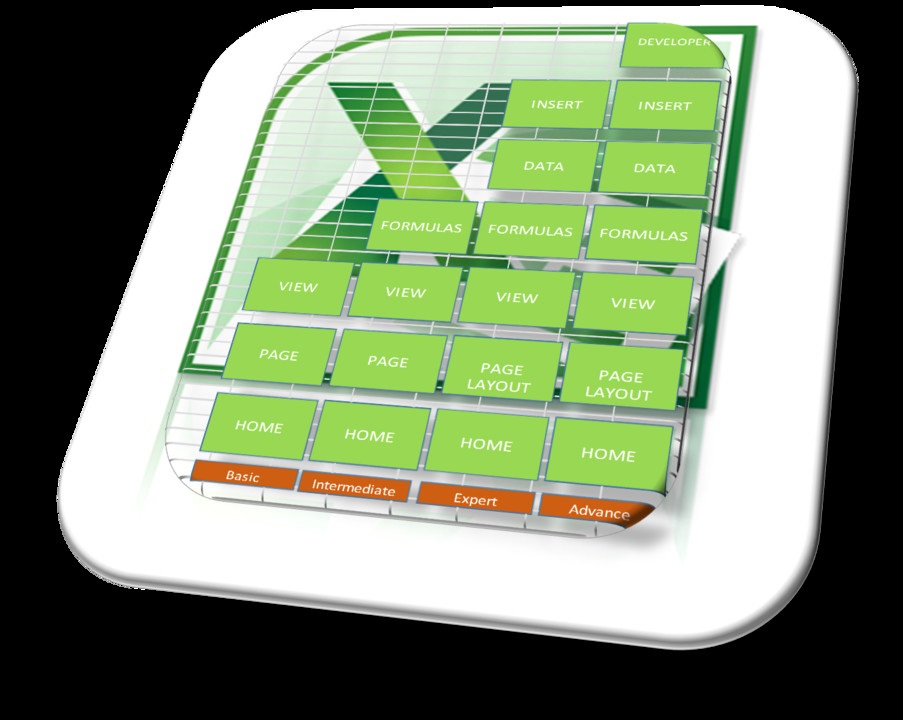Excel, as a tool for business intelligence and data analysis, has evolved to accommodate a wide range of advanced functionalities, making it an invaluable asset for professionals in various fields. Experts in Excel are expected to possess a deep understanding of its advanced features, which include but are not limited to data analysis and visualization, PivotTables and PivotChart expertise, macro development using VBA (Visual Basic for Applications), data validation, financial modeling, and integrating with databases and external data sources. Mastery of Excel Power Tools such as Power Pivot, Power View, and Power Map is also critical for handling complex data sets and creating interactive reports and dashboards.
Advanced Excel skills like data analysis and visualization are essential as they allow users to transform complex data sets into clear, insightful visual representations. This ability is crucial in driving strategic business decisions. Proficiency in Power Query and Power Pivot is increasingly becoming indispensable for efficiently manipulating and transforming large data sets and creating complex data models. Excel Experts with these skills are well-equipped to perform robust data analysis, automate data retrieval, and streamline the data preparation process.
Macro development and VBA programming remain crucial for automating repetitive tasks and enhancing Excel’s functionality. In 2024, the ability to write and debug VBA code is indispensable for creating custom functions, automating complex processes, and developing user-defined applications within Excel.
In the context of Business Intelligence (BI), the integration of Excel with BI tools like Power BI is a game-changer. Excel Experts who can connect Excel to these platforms enable the analysis of data within a more powerful BI ecosystem, uncovering deeper insights and presenting data in an interactive and accessible manner.
Furthermore, financial modeling and forecasting are key competencies, especially in finance and investment sectors. Excel Experts are expected to be adept at building models that simulate various financial scenarios and forecast future financial performance.
The soft skills of Excel Experts, such as attention to detail, critical thinking, effective communication, and continuous learning, are equally important. These skills ensure Excel Experts can maintain accuracy, adapt to new tools and techniques, and effectively communicate insights to stakeholders.
In summary, Excel’s role in today’s data-driven business environment is more critical than ever. The software’s advanced capabilities, coupled with an expert’s proficiency in handling these features, can lead to significant gains in efficiency, decision-making, and overall business intelligence.
